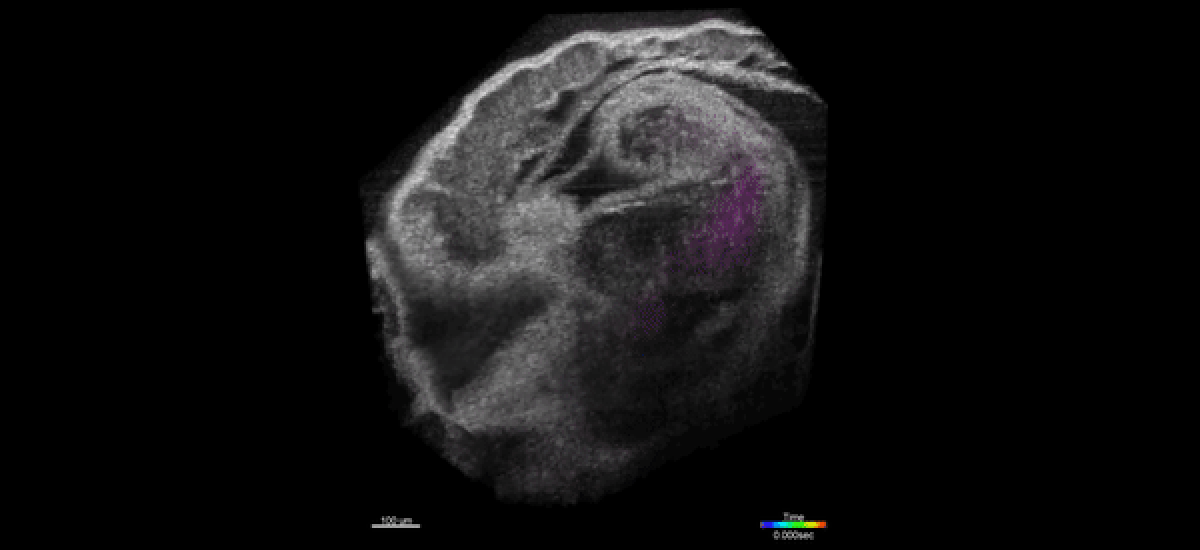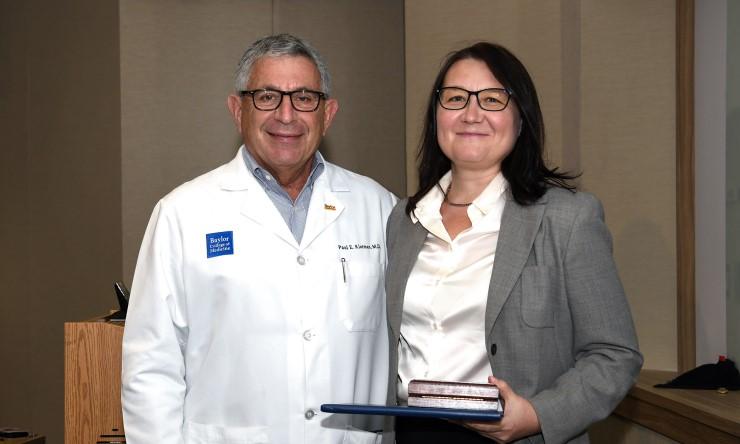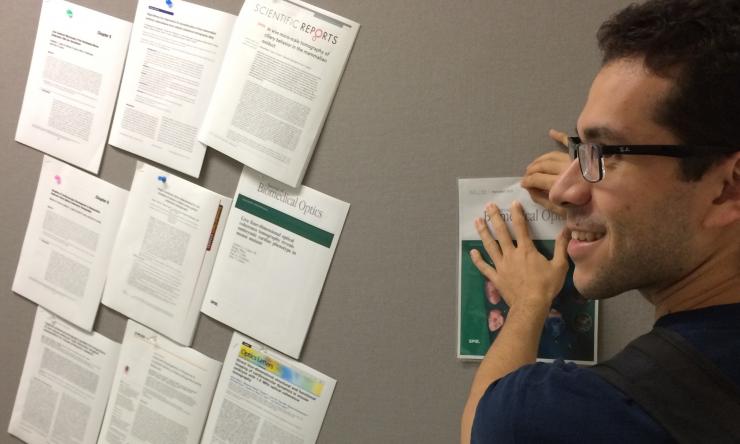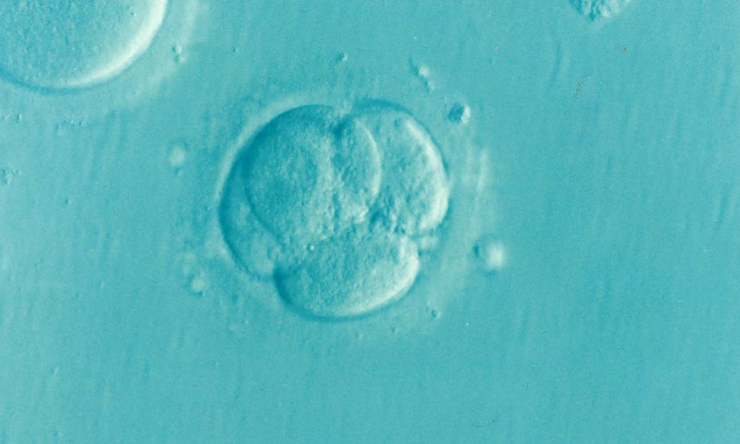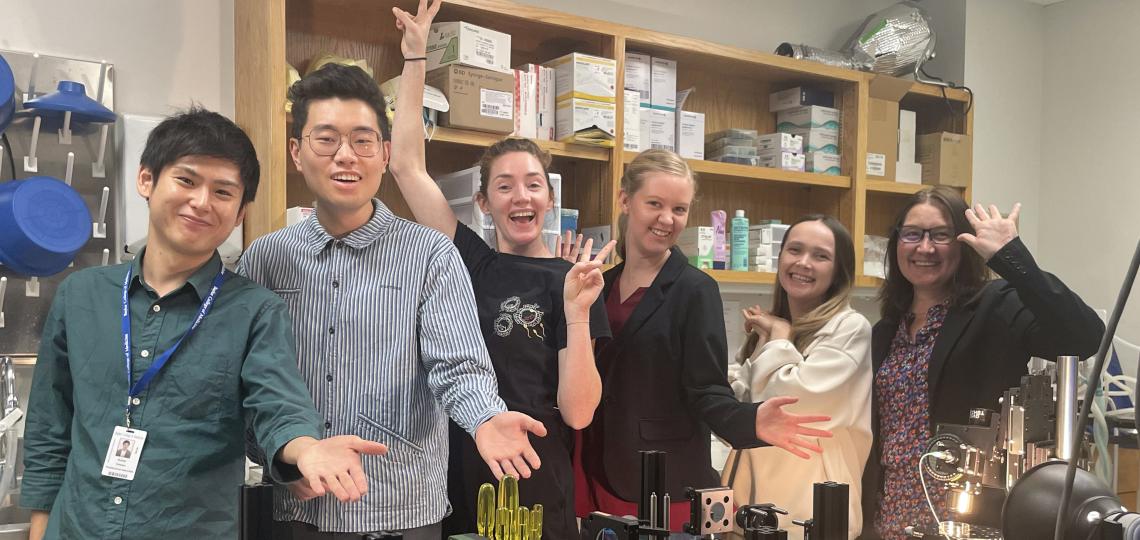
About the Lab
We are working on the interface of developmental and reproductive biology, optical engineering, and computational modeling and analysis to understand mechanisms regulating normal and abnormal developmental processes. Our approaches combine live embryo manipulation protocols, mouse models of congenital defects, state-of-the-art functional optical coherence tomography technology, confocal microscopy and advanced computational analysis. Through development of innovative optical imaging methods and using them in mouse models of human disorders, we study dynamic functional aspects of these disorders.
Support Our Research
Supporting our research will contribute to advanced understanding of infertility and congenital defects, which can potentially contribute to development of better strategies for prevention, monitoring and treatment of these disorders. If you would like to support our efforts, please visit the Baylor College of Medicine Ways to Give site.
Lab Members
View a listing of the Larina Lab members along with links to their bios.
Current Projects
- Live dynamic analysis of cardiac development and congenital defects in mouse embryos.
- Live imaging of mammalian pre-implantation events.
- In vivo micro-scale tomography of ciliary behavior.
Student Voices
Watch our video featuring Andrew Lopez, a graduate student in Larina Lab as he shares his BCM experiences.
2022 Michael DeBakey Award
Dr. Irina Larina received 2022 Michael DeBakey Excellence in Research.
Women in Science
Dr. Irina Larina was featured in the Feb. 11, 2022 blog article celebrating Baylor College of Medicine Women in Science.
Lab News
View all news from the Larina Lab, including lab members' awards, talks, poster presentations and first-author article publishing.
Featured News
Researchers have developed a novel imaging approach that has allowed them to see eggs and embryos as they move along the fallopian tube in a live animal.
Publications
Our research projects and studies result in publications in PubMed and other scientific journals.









